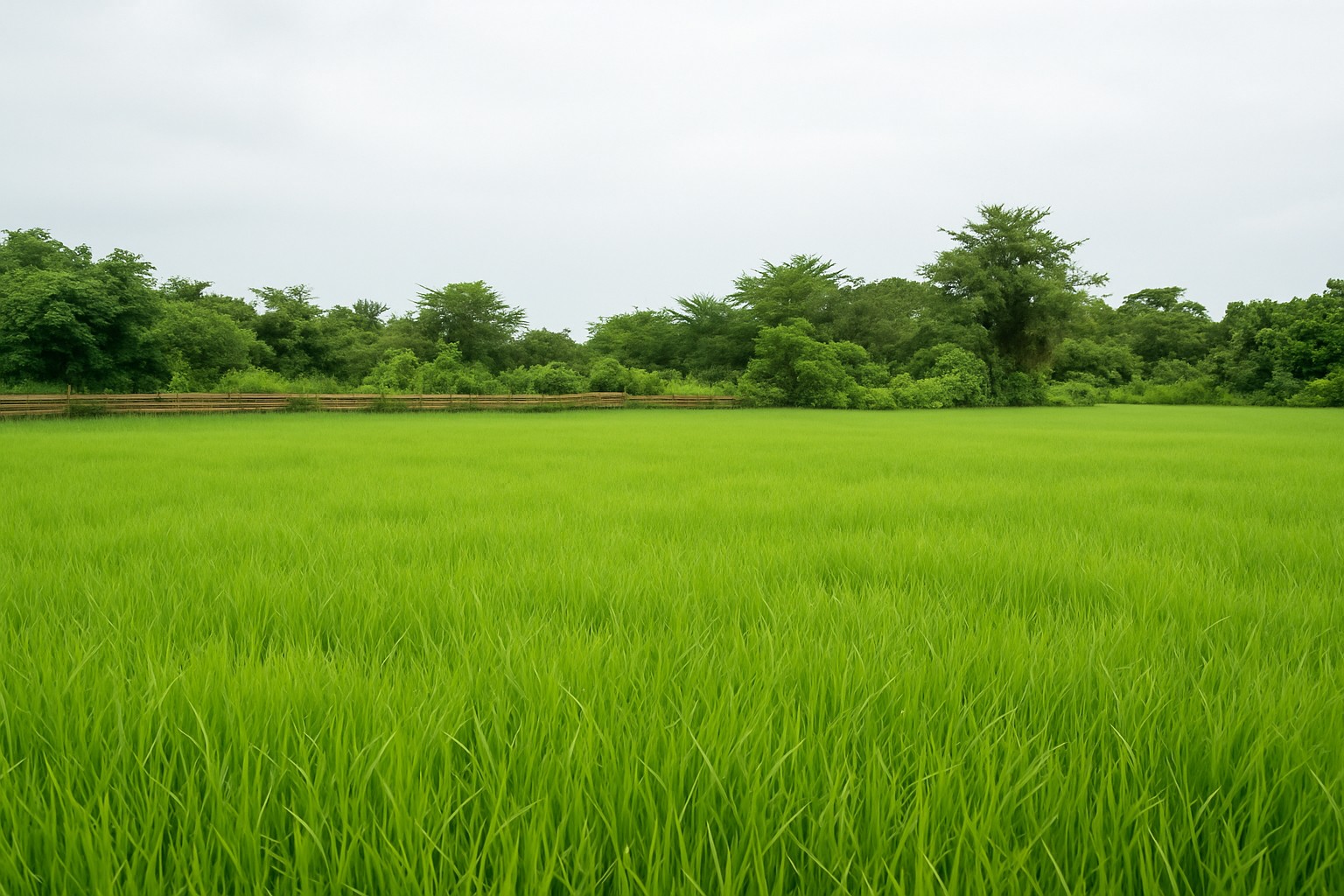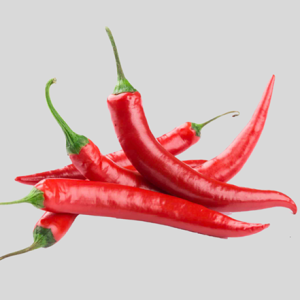In the heart of Africa’s agricultural renaissance, one innovation stands out as a beacon of hope for farmers striving to enhance livestock productivity: Semanhyia Grass. This unique perennial grass is not just another forage option; it’s a transformative tool that promises to revolutionize the livestock industry across tropical and subtropical regions.
The Origins of Semanhyia Grass
Semanhyia Grass has a fascinating origin story, beginning in Uganda where it was initially discovered. However, the version now available to African farmers is not quite the same. Through advanced genetic modification, this grass has been adapted to enhance its protein content, making it a superior choice for improving meat and milk production in semi-intensive production systems.
This modification was driven by the need to address the specific challenges faced by African farmers, including harsh soil conditions, extreme temperatures, and prolonged droughts. Semanhyia Grass is particularly well-suited to areas with acidic soils of low fertility, ensuring that even in less-than-ideal conditions, farmers can rely on a forage that will thrive and support their livestock.
The Power of Semanhyia Grass
What makes Semanhyia Grass truly revolutionary is its exceptional benefits, designed to meet the demands of modern livestock farming in Africa:
- Enabling Livestock to Produce Quality Meat and Milk
Semanhyia Grass is a nutritional powerhouse, providing livestock with the necessary nutrients to produce high-quality meat and milk. Its high protein content ensures that animals grow stronger and healthier, leading to better yields for farmers. - Excellent Palatability and Digestibility for Livestock
Livestock find Semanhyia Grass not only nutritious but also highly palatable. This means that animals consume it eagerly, leading to better digestion and more efficient nutrient absorption. The result is healthier livestock and increased productivity. - Abundant Foliar Production and Semi-Prostrate Growth Habit
One of the standout features of Semanhyia Grass is its abundant foliar production. The semi-prostrate growth habit ensures that it covers the ground effectively, providing ample forage while also helping to prevent soil erosion. This dual benefit makes it an excellent choice for sustainable farming practices. - Good Resistance to Diseases and Insects
In the battle against diseases and pests, Semanhyia Grass stands strong. Its good resistance to diseases and insects means that farmers can rely on it as a stable and consistent forage source, reducing the need for chemical interventions and promoting organic farming methods. - Good Tolerance to Drought and Fire
Africa’s climate can be unforgiving, with long periods of drought and the constant threat of wildfires. Semanhyia Grass has been specifically engineered to withstand these challenges. Its drought tolerance ensures that it continues to grow and provide forage even in the harshest conditions, while its fire resistance adds an extra layer of security for farmers.
A Future-Forward Solution for African Farmers
As the agricultural landscape in Africa continues to evolve, the need for innovative and sustainable solutions becomes increasingly urgent. Semanhyia Grass represents the future of livestock farming on the continent—a future where farmers can overcome environmental challenges and produce high-quality livestock products with minimal resources.
At Farming in Africa, we’re committed to supporting farmers with the tools and knowledge they need to succeed. Semanhyia Grass is just one example of how we’re working to revolutionize the livestock industry, offering farmers a powerful ally in their quest for better production and sustainable practices.
By embracing this groundbreaking grass, African farmers are not just improving their yields; they are paving the way for a more resilient and prosperous agricultural sector. Together, with innovations like Semanhyia Grass, we can ensure a brighter future for farming in Africa.

